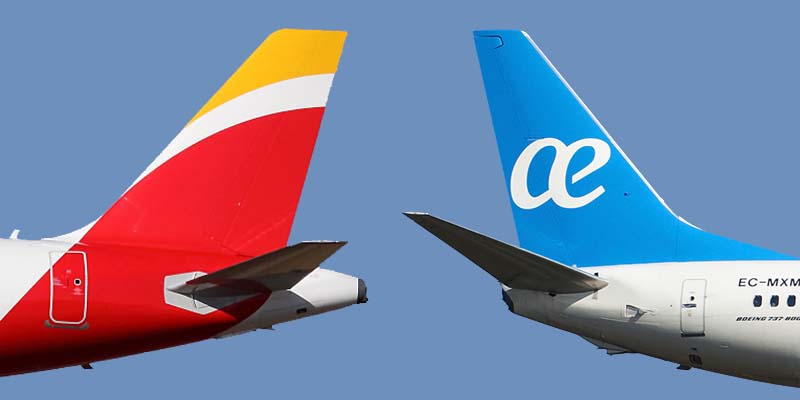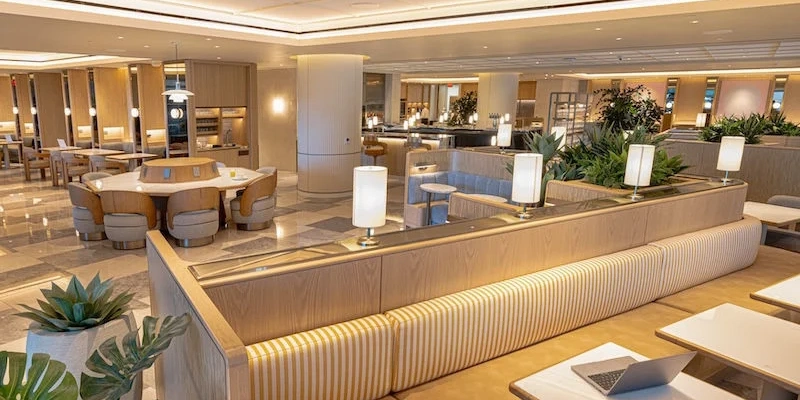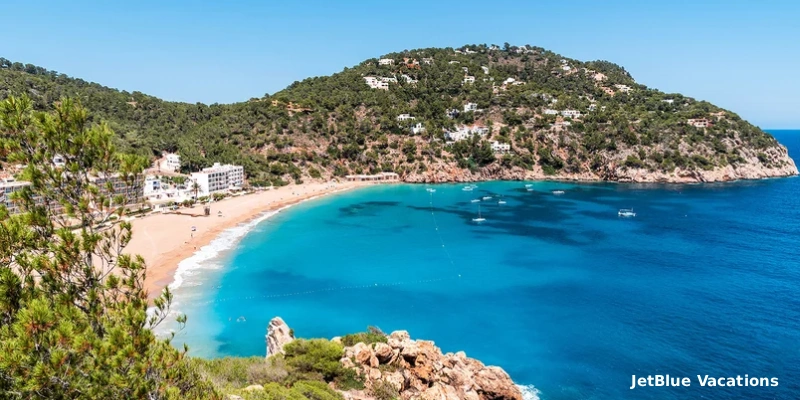Iberia’s takeover of Air Europa is facing its most decisive week, when the formula for integrating the businesses should be decided, if the talks come to fruition, after they broke the agreement reached more than two years ago in December.
Once both companies agreed to undo the pre-acquisition agreement signed in November 2019, before the pandemic, whereby Iberia would pay 1 billion euros for Air Europa – later lowered to 500 million – they are now looking for a new format for that integration.
→ Iberia returns to Egypt in 2022 with charter flights.
However, Globalia’s chairman, Juan José Hidalgo, has launched a strong message this Monday in statements to the media: he, the group’s owner, is not negotiating anything with Iberia and the company is not going to be split up, EFE reported.
The airline, he adds, has room to continue operating autonomously because of the 475 million euros loan which it received from the Sociedad Estatal de Participaciones Industriales (SEPI) in November 2020 and because of the 75 million euros paid by Iberia as a penalty for having unwound the purchase agreement.
Air Europa must pay back that loan from the Solvency Fund for the support to strategic companies in 2026, and at the moment it only pays interest, about 14 Million Euros per year, with which Hidalgo believes that it has room for maneuver, besides the fact that in the fourth quarter of 2021 the activity improved substantially.
The initial deal, closed on November 4, 2019, established that Iberia would pay 1,000 Million Euros in cash for the totality of the capital of Globalia’s company, but the pandemic radically changed the situation of the sector and the figure was lowered one year later to 500 Million after receiving the injection from SEPI.
→ Iberia will increase its flights to Argentina.
The operation could not have encountered more stumbling blocks on the way: within months of closing the 1 billion euro pre-agreement, world air traffic came to a grinding halt due to the pandemic and airline revenues were at zero for several months, until countries began to reopen borders, and it will still take at least two years to return to pre-covid levels.
The initial figure was difficult to digest for Iberia, with a better financial position but also with difficulties, which would multiply in the event of having to assume a debt of some 700 million euros from Air Europa, so the commitment was halved to 500 million euros.
Last December, the end of the operation was announced in those terms. The chairman of International Airlines Group (IAG), Iberia’s parent company, Luis Gallego, justified it by market conditions, the deep crisis derived from covid-19 and taking into account “our desire to maintain a disciplined approach to capital allocation”.
At the same time, the European Commission saw problems of supply concentration on some 70 routes following the integration of the two companies and required Iberia to divest some of them, although it did not pronounce itself on the breakdown of the agreement between the two parties.
The latest statements on this matter are from the last few days. The First Deputy Prime Minister of the Government, Ms. Nadia Calviño, affirmed that formulas are being studied for helping in the operation, which was interpreted as the possibility of the State entering into the capital of Globalia’s line by converting the SEPI loan into capital.
And Iberia’s Chairperson, Mr. Javier Sánchez Prieto, urged to close the deal in order to reinforce the Madrid hub (air traffic distribution center), to place it among the largest in Europe, at the same level as those of Paris, Frankfurt or Amsterdam, and so that it does not lose its competitive position for capturing the powerful offer from Southeast Asia.
“We are playing on a global board,” said Iberia’s chairman, and in that game we have to take into account that between now and 2030, 2.4 billion people from Southeast Asia will join the middle classes, a market in which Madrid and Barcelona only capture 5% of air traffic, compared to 25% of the large European hubs.
According to what IAG communicated to the Comisión Nacional del Mercado de Valores (CNMV) in December, it is now evaluating other structures “that could be interesting for both companies, offering similar benefits for their shareholders, clients and employees”, but they do not seem to be to the liking of the man known to everyone in the sector as Pepe Hidalgo.
Related Topics
USDOT Authorizes American Airlines Flights to Venezuela
Delta Opens New Sky Club at Denver Airport: Elevating Premium Experience in Mountain West
Korean Air Debuts Renovated Flagship Lounge at Los Angeles Airport
JetBlue and Jamaica Launch Industry-First Integrated “Weather Guarantee” for Vacation Packages

Plataforma Informativa de Aviación Comercial con 13 años de trayectoria.




